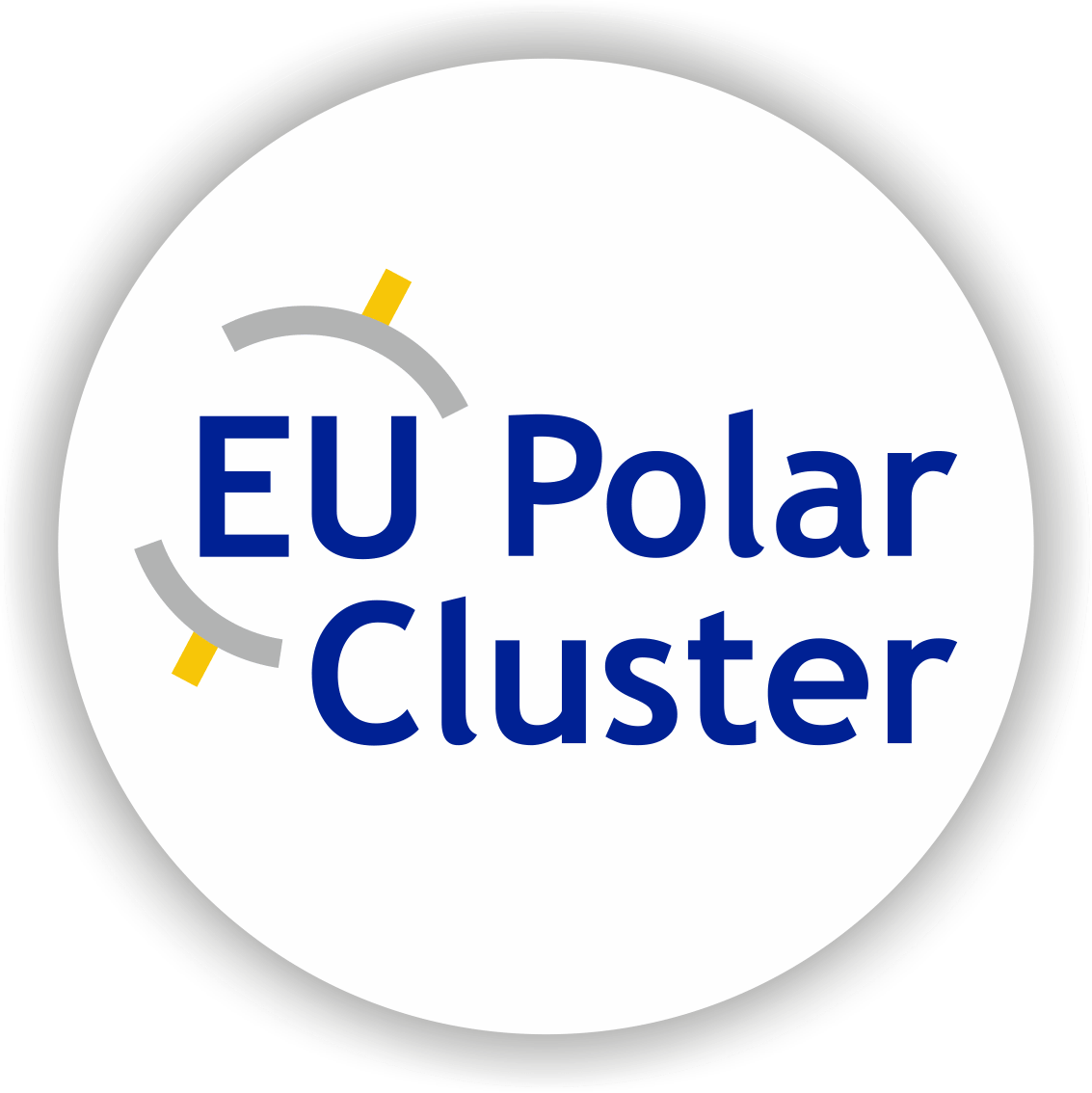The European Commission released a summary document on the results of the 2015 EC consultation on ocean governance. The responses received clearly stressed that the current framework for ocean governance is not effective enough but it is not necessarily because of the framework’s flaws, but rather because of inefficient implementation and insufficient coordination. The system is fragmented and existing instruments are not implemented or enforced uniformly. Respondents called for good application of existing agreements within the maritime fora, sanction mechanisms and capacity-building.
Prevalence of a sectoral approach over an integrated approach was highlighted, notably, in marine space management and biodiversity. All respondents were asking for better coordination not only at the global level but also at the regional level. To be more efficient, this coordination has to be both horizontal, i.e. between UN agencies and programmes and between regional organisations, and vertical, i.e. between the global, regional and national levels.
The participants pointed out the legal gaps in the areas beyond national jurisdiction and in the regulatory framework applicable to new activities. Regarding the biological diversity in areas beyond national jurisdiction (BBNJ) a suggestion is put forward for an international legal instrument under UNCLOS. The future agreement is also regarded as a good opportunity for strengthening the coordination and cooperation between existing international and regional organisations as well as across sectors.
The consultation results stressed legal gaps concerning emerging activities such as offshore renewable energy, deep water hydrocarbon exploitation and seabed mining and the need to ensure that these activities are properly regulated. The phase of exploitation must be anticipated before it starts.
The lack of knowledge about oceans weakens a proper functioning of international ocean governance and evidence-based policies. The major difficulties identified are linked to data collection and sharing as well as secure research funding. The consultation demonstrated the critical need to make existing data available. In this respect, EMODnet was pointed out as a good example and an idea of a global EMODnet was put forward. This includes the setting of common standards and the contribution of all data providers, including the private sector.
The EuroGOOS activities have been strongly contributing to strengthening coordination between regional, pan-European and global actors for a better ocean governance. This regards, among others, the data coordination activities. In late 2015, EuroGOOS launched a pilot tool demonstrating the global ocean modelling capacity, built on the IOC GOOS Regional Alliances framework. On the pan-European level, EuroGOOS has been strongly contributing to an increased cooperation between its regional systems (ROOSes), EMODnet, SeaDataNet and Copernicus Marine Service, resulting in more data and new products available (e.g. through the EMODnet physics portal). In addition, the EuroGOOS Task Teams set up in early 2015 have had a tremendous contribution towards unlocking national repositories. Furthermore, EuroGOOS has been informing national networks of the potential of the existing pan-European structures. As an example, in February 2016 EuroGOOS and EMODnet are organizing a showcase for the German marine community and national agencies. Finally, EuroGOOS is proactively working with the Black Sea community towards a stronger cooperation in the region.
The post Ocean Governance: Results of the 2015 EC consultation appeared first on EuroGOOS.


















